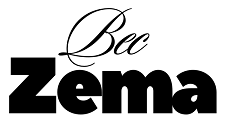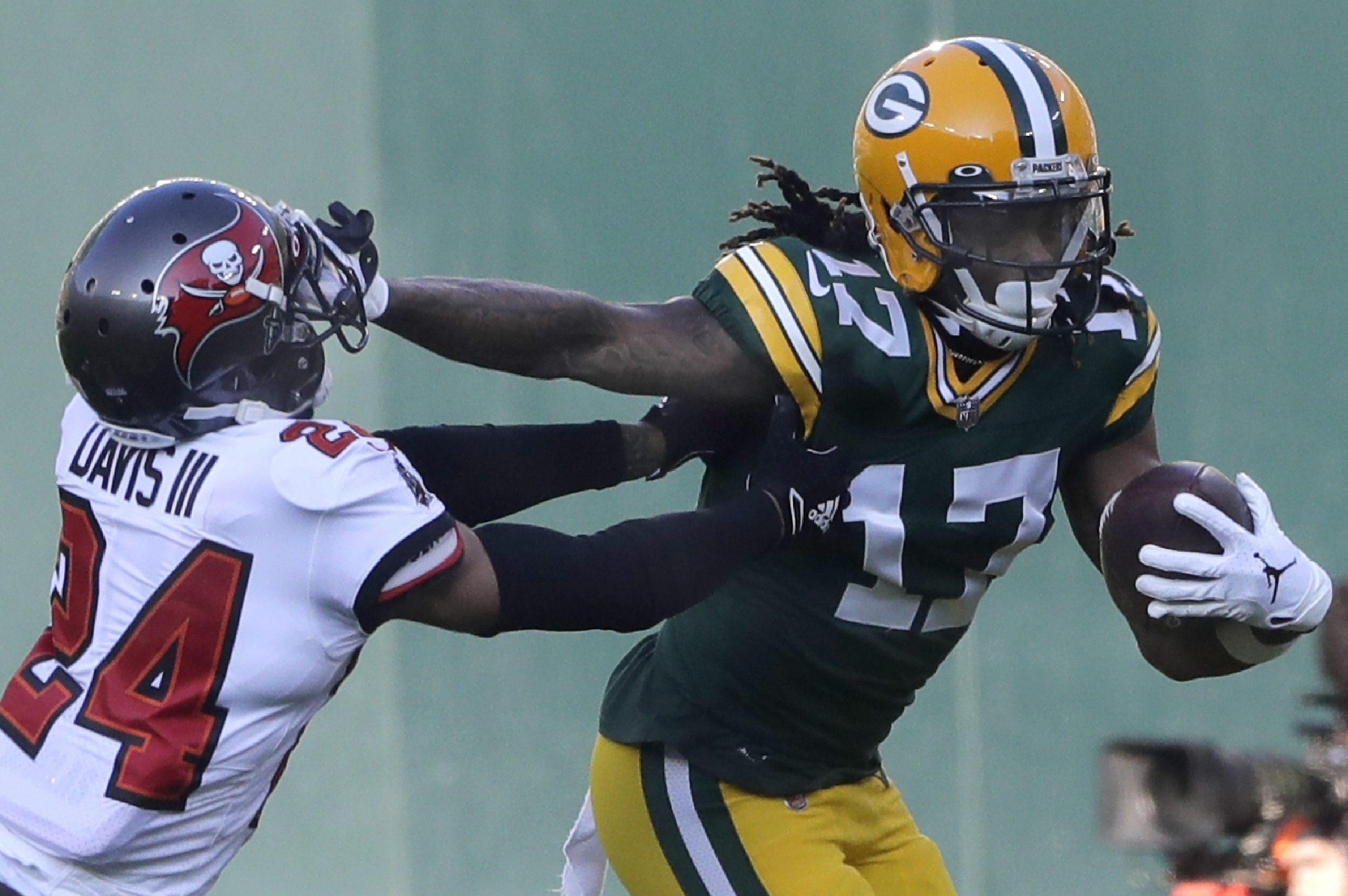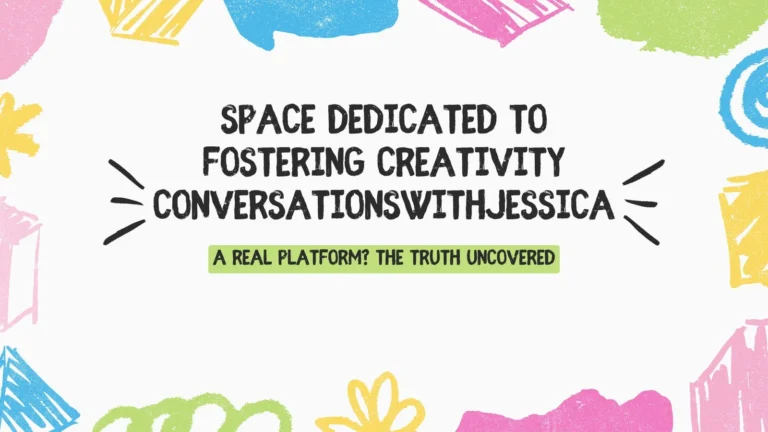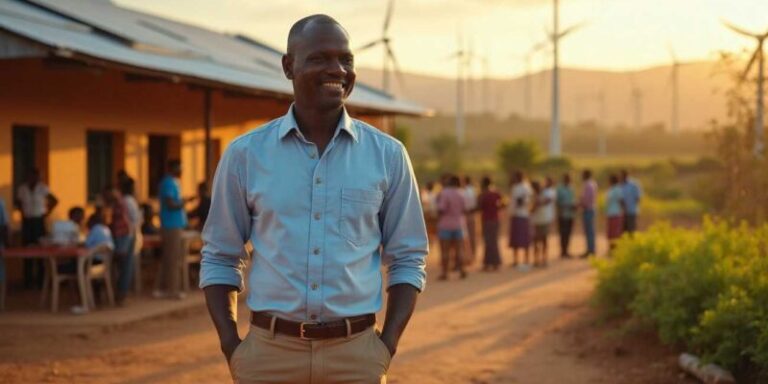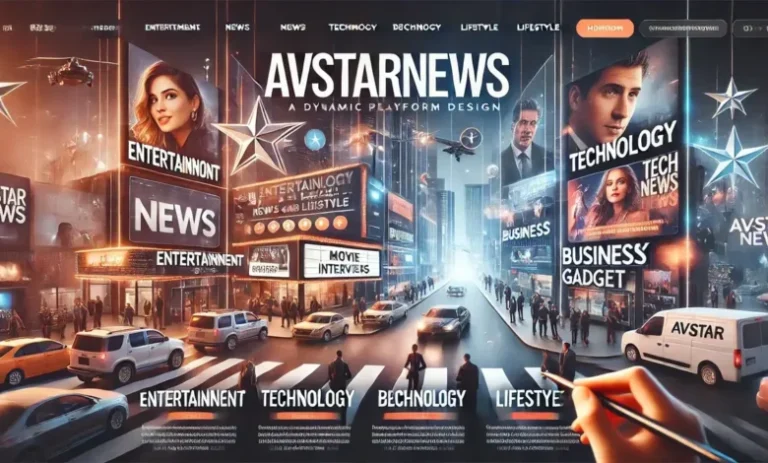Davante Adams Takes a Swipe at the Bears: When NFL Stars Speak Their Mind
The NFL world was buzzing recently when Davante Adams takes a swipe at the bears became the talk of social media and sports forums across the nation. The talented wide receiver, known for his exceptional route-running and clutch performances, didn’t hold back when expressing his thoughts about the Chicago Bears organization. This incident has sparked conversations about player freedom of speech, team dynamics, and the ongoing drama that keeps NFL fans glued to their screens even during the off-season.
When professional athletes speak out about other teams, it often creates ripple effects throughout the league. Adams’ comments about the Bears have certainly done just that, igniting debates among fans, analysts, and former players alike. The situation highlights the complex relationships between players, franchises, and the media in today’s NFL landscape. As reported by various sports outlets and confirmed by Beczema News, this story continues to develop with new angles and perspectives emerging daily.
The Background Story: What Led to the Controversy
Understanding why Davante Adams takes a swipe at the bears requires examining the context surrounding this situation. The Chicago Bears have been a franchise in transition for several years, struggling to find consistent success and establish a winning culture. Their recent performance on the field, combined with various organizational changes, has made them a target for criticism from both fans and players around the league.
Adams, who has established himself as one of the premier wide receivers in the NFL, has never been one to shy away from expressing his opinions. His career trajectory from Green Bay to Las Vegas has given him unique insights into different organizational cultures and approaches to building successful teams. The Bears’ struggles have been well-documented, from quarterback controversies to coaching changes, creating an environment that many view as unstable.
The timing of Adams’ comments also plays a crucial role in this story. With the NFL always in the spotlight, even during the off-season, any controversial statement from a high-profile player is bound to generate significant attention. The Bears’ recent moves in free agency, their draft decisions, and their overall direction as a franchise have all contributed to the narrative that Adams chose to address publicly.
Breaking Down the Comments: What Exactly Did Adams Say?
When Davante Adams takes a swipe at the bears, the specific nature of his comments becomes crucial to understanding the full scope of the controversy. According to various reports and social media posts, Adams didn’t hold back in his assessment of the Bears organization. His remarks touched on several aspects of the franchise, including their approach to player development, organizational culture, and competitive outlook.
The wide receiver’s comments were particularly pointed regarding the Bears’ ability to attract and retain top talent. He questioned whether the organization provided the necessary support system for players to succeed at the highest level. These observations came from someone who has experienced success with multiple franchises and understands what it takes to build a winning culture in professional football.
Adams also addressed the Bears’ recent struggles with quarterback play, a topic that has been a sore spot for the organization for years. His perspective as a receiver who has worked with elite quarterbacks gave weight to his criticism of Chicago’s inability to establish consistency at the position. The comments were delivered with a frankness that left little room for misinterpretation.
The Bears’ Response: How Chicago Handled the Criticism
Following the incident where Davante Adams takes a swipe at the bears, the Chicago organization faced pressure to respond appropriately to the criticism. The Bears’ front office, coaching staff, and players all had to navigate the delicate situation of addressing public criticism from a respected NFL player without escalating the controversy further.
The team’s official response was measured and professional, focusing on their commitment to building a competitive roster and creating a positive environment for their players. Management emphasized their recent investments in facilities, coaching staff, and player development programs as evidence of their dedication to improvement. They acknowledged that criticism comes with the territory of professional sports, especially when a team has struggled to meet expectations.
Several current Bears players also weighed in on the situation, generally supporting their organization while acknowledging that there was room for improvement. The players’ responses demonstrated loyalty to their team while also showing understanding of the competitive nature of the NFL and the valid concerns raised by Adams’ comments.
Fan Reactions: The Social Media Explosion
The moment Davante Adams takes a swipe at the bears hit social media, fans from across the NFL spectrum began weighing in with their opinions. Bears fans, predictably, were divided in their reactions. Some defended their team passionately, pointing to recent positive changes and expressing optimism about the franchise’s direction. Others, however, found themselves agreeing with Adams’ assessment, frustrated by years of underperformance and organizational instability.
Raiders and Packers fans, representing Adams’ current and former teams respectively, largely supported their receiver’s right to express his opinions. Many viewed his comments as honest assessments from someone with extensive NFL experience. The broader NFL fan base seemed split, with some appreciating Adams’ candor while others criticized him for publicly disparaging another organization.
Social media platforms exploded with memes, debates, and analysis of the situation. Twitter threads dissected every aspect of Adams’ comments, while Reddit forums hosted lengthy discussions about the implications for both the Bears and Adams himself. The controversy became a trending topic, demonstrating the power of athlete opinions in today’s connected world.
Historical Context: Players Speaking Out Against Other Teams
The situation where Davante Adams takes a swipe at the bears isn’t unprecedented in NFL history. Throughout the league’s existence, players have occasionally made public comments criticizing other organizations, though such incidents often carry consequences for all parties involved. Understanding this historical context helps frame the current controversy within the broader landscape of professional sports communication.
Notable examples from the past include various players questioning organizational decisions, coaching philosophies, or team cultures. These incidents have ranged from subtle critiques to direct confrontations, each generating its own level of controversy and media attention. The outcomes have varied significantly, with some players facing backlash while others saw their comments validated over time.
The modern era of social media has amplified the impact of such statements, allowing comments to reach global audiences instantaneously. This technological evolution has changed how players, teams, and fans interact with controversial statements, creating new dynamics in professional sports communication that weren’t present in previous generations.
Impact on Adams’ Career and Reputation
When Davante Adams takes a swipe at the bears, it inevitably raises questions about how such comments might affect his own career trajectory and reputation within the NFL community. As a veteran player with established credentials, Adams has more flexibility to express controversial opinions than younger players who might face more severe consequences for similar statements.
The incident could potentially influence how other NFL organizations view Adams as a potential future addition to their rosters. Some teams might appreciate his willingness to speak honestly about organizational issues, viewing it as valuable insight from an experienced player. Others might perceive his comments as potentially disruptive to team chemistry and culture.
Adams’ reputation as a professional and team player will likely withstand this controversy, given his track record of performance and leadership throughout his career. However, the incident serves as a reminder of how quickly player statements can become major storylines in the NFL, regardless of the player’s intentions or the context of their comments.
The Bears’ Organizational Challenges
The criticism highlighted when Davante Adams takes a swipe at the bears brings renewed attention to the organizational challenges that have plagued Chicago for several seasons. The Bears have struggled with consistency in multiple areas, from coaching stability to quarterback play, creating an environment that has drawn scrutiny from players, fans, and analysts alike.
Chicago’s recent history includes numerous coaching changes, draft disappointments, and free agency miscalculations that have contributed to their struggles on the field. The organization has made efforts to address these issues, including facility upgrades, front office changes, and investments in player development programs. However, results on the field have yet to consistently reflect these improvements.
The Bears’ quarterback situation has been particularly problematic, with the team cycling through multiple starters and struggling to establish the consistent leadership that successful franchises require. This instability has affected not only the team’s performance but also their ability to attract top-tier free agents who might otherwise consider Chicago as a destination.
League-Wide Implications and Reactions
The controversy surrounding Davante Adams takes a swipe at the bears has generated reactions from across the NFL community, including current and former players, coaches, and analysts. The incident has sparked broader discussions about player freedom of expression, organizational accountability, and the role of public criticism in professional sports.
Several former NFL players have weighed in on the situation, with opinions ranging from support for Adams’ right to express his views to criticism of his decision to make public comments about another organization. Coaches and front office personnel have generally been more reserved in their responses, likely recognizing the sensitive nature of the topic and the potential implications for their own organizations.
The incident has also prompted discussions about the responsibility that comes with being a high-profile NFL player. Some argue that players should be free to express their honest opinions about the league and its organizations, while others believe that such comments should be kept private to maintain professional relationships and league harmony.
Media Coverage and Analysis
The story of Davante Adams takes a swipe at the bears has been extensively covered by sports media outlets, each offering their own perspective on the controversy and its implications. National sports networks have dedicated significant airtime to analyzing Adams’ comments, the Bears’ response, and the broader implications for the NFL.
Print and digital media have provided in-depth analysis of the situation, examining everything from the specific wording of Adams’ comments to the historical context of similar incidents in professional sports. Sports talk radio has been particularly active in covering the story, with hosts and callers debating the merits of Adams’ position and the appropriateness of his public criticism.
The coverage has also extended to social media, where sports journalists and analysts have shared their thoughts and engaged with fans about the controversy. This multi-platform approach to covering the story has ensured that it remains in the public consciousness and continues to generate discussion across various media formats.
The Role of Social Media in Modern NFL Controversies
The incident where Davante Adams takes a swipe at the bears perfectly illustrates how social media has transformed the way NFL controversies unfold and spread. In previous eras, such comments might have been limited to traditional media outlets and taken days or weeks to reach widespread audiences. Today, controversial statements can go viral within hours, creating immediate and intense scrutiny for all parties involved.
Social media platforms have given players unprecedented access to their fans and the general public, allowing them to bypass traditional media gatekeepers and speak directly to their audiences. This direct communication channel has empowered players to express their opinions more freely but has also created new challenges in managing public relations and maintaining professional relationships.
The rapid spread of information on social media has also changed how organizations must respond to controversies. Teams now need to be prepared to address issues quickly and effectively, as delayed responses can be interpreted as weakness or indifference. This accelerated timeline has added pressure to both players and organizations in managing their public communications.
Future Implications for Player-Organization Relations
The controversy surrounding Davante Adams takes a swipe at the bears may have lasting implications for how players and organizations interact in the modern NFL. The incident highlights the ongoing tension between player freedom of expression and the expectations of professional behavior that come with being part of the league.
Going forward, both players and organizations may need to reconsider how they handle public criticism and controversial statements. Players might become more cautious about making public comments about other teams, while organizations might need to develop better strategies for addressing criticism and managing their public image.
The incident also raises questions about the role of player agents and public relations professionals in guiding their clients’ public statements. As the consequences of social media missteps become more apparent, the importance of professional guidance in managing public communications continues to grow.
Key Takeaways from the Davante Adams Controversy
The situation where Davante Adams takes a swipe at the bears offers several important lessons for players, organizations, and fans alike. Here are the key takeaways from this NFL controversy:
Player Expression vs. Professional Courtesy: The incident highlights the ongoing tension between players’ rights to express their opinions and the expectations of professional behavior in the NFL. While players have the freedom to speak their minds, such comments can have significant consequences for all parties involved.
Organizational Accountability: Adams’ criticism brings attention to the importance of organizational culture and accountability in professional sports. Teams that struggle with consistency and stability may find themselves targets of public criticism from players around the league.
Social Media’s Power: The rapid spread of Adams’ comments demonstrates the immense power of social media in shaping sports narratives and controversies. Players must be aware that their statements can reach global audiences instantly and generate intense scrutiny.
Fan Engagement: The controversy has shown how player comments can deeply engage fan bases and create lasting discussions about team performance and organizational direction. Fans appreciate honest assessments but also remain loyal to their teams despite criticism.
Media Landscape Evolution: The incident illustrates how modern sports media has evolved to cover controversies across multiple platforms simultaneously, creating sustained coverage that keeps stories in the public consciousness longer than in previous eras.
Comparison Table: Player Criticisms in NFL History
| Player | Team Criticized | Year | Nature of Criticism | Outcome |
|---|---|---|---|---|
| Davante Adams | Chicago Bears | 2024 | Organizational culture and competitiveness | Ongoing discussion, no formal consequences |
| Antonio Brown | Multiple teams | 2019-2020 | Various team-related issues | Multiple team releases, temporary league suspension |
| Terrell Owens | Philadelphia Eagles | 2005 | Contract and team decisions | Trade to Dallas Cowboys |
| Randy Moss | Minnesota Vikings | 2004 | Team commitment and effort | Trade to Oakland Raiders |
| Keyshawn Johnson | New York Jets | 1999 | Coaching and team direction | Trade to Tampa Bay Buccaneers |
Frequently Asked Questions
Q: Why did Davante Adams criticize the Chicago Bears? A: Adams expressed concerns about the Bears’ organizational culture, their ability to attract top talent, and their struggles with quarterback consistency. His comments appeared to stem from his observations as an experienced NFL player about what makes organizations successful.
Q: How did the Bears respond to Adams’ criticism? A: The Bears responded professionally, emphasizing their commitment to building a competitive roster and creating a positive environment for players. They acknowledged that criticism comes with professional sports while highlighting their recent investments in facilities and coaching staff.
Q: Could Adams face any consequences for his comments? A: While Adams has the right to express his opinions, such comments could potentially influence how other NFL organizations view him as a future addition to their rosters. However, as an established veteran, he’s less likely to face severe consequences than younger players might.
Q: Is it common for NFL players to publicly criticize other teams? A: While not extremely common, it does happen occasionally throughout NFL history. The modern era of social media has made such incidents more visible and impactful when they do occur.
Q: What does this controversy mean for the Bears going forward? A: The criticism adds pressure on the Bears to demonstrate improvement and address the organizational issues that have been highlighted. It may also influence how free agents and other players perceive the franchise.
Q: How has social media affected this controversy? A: Social media has amplified the impact of Adams’ comments, allowing them to reach global audiences instantly and generate sustained discussion across multiple platforms. This has created a more intense and lasting controversy than might have occurred in previous eras.
Conclusion
The controversy surrounding Davante Adams takes a swipe at the bears represents more than just one player’s criticism of another organization. It highlights the complex dynamics of modern professional sports, where social media amplifies every statement and fans demand transparency from their favorite players and teams. Adams’ comments have sparked important conversations about organizational accountability, player freedom of expression, and the role of public criticism in driving improvement.
For the Chicago Bears, this incident serves as both a challenge and an opportunity. While the criticism stings, it also provides motivation to address the underlying issues that have plagued the organization and to demonstrate their commitment to building a winning culture. The Bears’ response to this controversy and their actions moving forward will be closely watched by fans, players, and analysts alike.
The broader NFL community will likely continue to debate the appropriateness and impact of Adams’ comments for months to come. This incident may influence how future controversies are handled and could shape the expectations for player behavior and organizational responses in similar situations. As the league continues to evolve in the digital age, finding the right balance between player expression and professional courtesy remains an ongoing challenge that affects everyone involved in professional football.
Ultimately, the story of Davante Adams takes a swipe at the bears will be remembered as a significant moment in modern NFL history, one that highlighted the power of player voices and the importance of organizational culture in professional sports. Whether this controversy leads to positive changes for the Bears or serves as a cautionary tale for other players remains to be seen, but its impact on the league’s discourse about accountability and professionalism will likely be felt for years to come.
